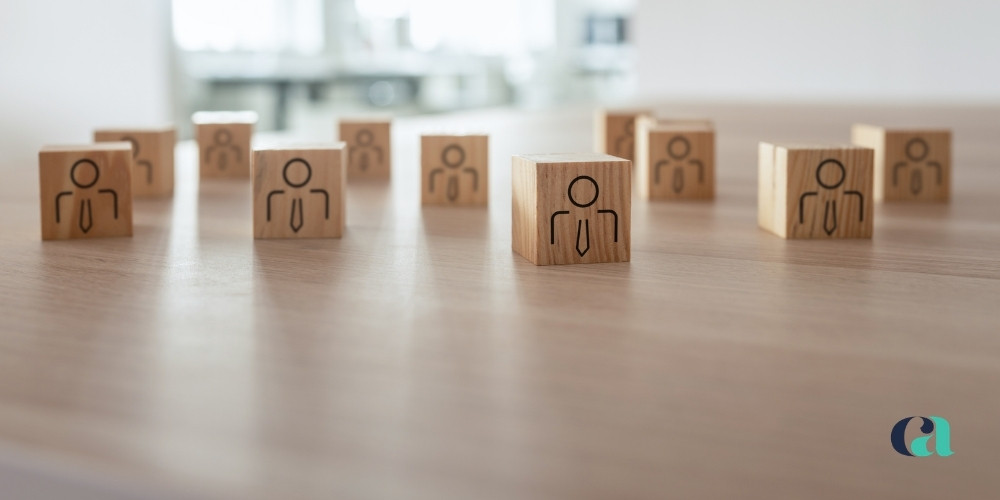Jo joined Cathedral Appointments over 25 years ago and now leads the business alongside Clodagh, who joined the company in 2021. Jo is a local employment expert and a former board member of Exeter’s leading business membership organisation, Exeter Chamber. She is also a Fellow of the Recruitment and Employment Confederation (REC) and has an Associated CIPD membership.
Blog
Post-Pandemic Priorities: Work & Wellbeing
Posted in Candidates, Employers
Once the storm passes and we settle into some form of ‘normality’, many of us are hoping to work towards achieving healthier, happier and more productive lifestyles. This all begins by prioritising our own wellbeing – mentally, physically, and everything in between.
Over the past 18 months, the barriers between our personal and professional lives have become increasingly intertwined, making it difficult to establish the difference between the two. Those who have spent a full year working from their kitchen tables may find it hard to differentiate sitting down for a full day of work, to sitting in the same seat to enjoy a family meal. Parents who have been juggling childcare around their usual everyday demands may struggle to switch between their ‘professional’ and ‘parent’ personalities. It’s been a challenging year for everyone.
However, when we look to the future, there is a silver living. Conversations about employee wellbeing have been top of the agenda for many employers, with their workforces being their most valuable asset during the pandemic. These conversations have been more open too, on both sides, with staff feeling more able to voice their concerns and their managers being increasingly aware of the need to actively listen.
Changing attitudes
According to CIPD’s Health and Wellbeing at Work 2021 report, just 50 per cent of organisations have a formal wellbeing strategy in place – but the figure has reassuringly been creeping up. 75 per cent of respondents believed that their senior management team have employee wellbeing on their agenda, which was also up from 61 per cent last year. Common key focus areas are looking after employees’ mental health; providing tailored working arrangements for each individual; and introducing wellbeing perks.
By talking about wellbeing, then following up with appropriate action, employers can begin to eliminate the possibility of creating a company culture which implies work should come before our personal needs. A healthy work-life-balance is incredibly important, but our jobs are part of our lives – it’s typically how we spend most of our days. As we create our ‘new normal’, we must remember that the two cannot be treated as entirely separate entities.
Disproportionate disparities
Men, in particular, are most hesitant to come forward about their health and wellbeing. Last week, Men’s Health Week 2021 shone a spotlight on the struggles many men are experiencing with their mental health as we slowly re-open and adjust to a post-Covid world. Pre-pandemic, men's mental health and risk of suicide was already a major cause for concern, with worryingly low numbers of men seeking help for depression, anxiety and other mental health challenges.
Men’s Health Forum are continuing to promote their ‘CAN DO’ approach to mental wellbeing, encouraging everyone to connect with others, be active, be mindful, discover something new and volunteer their time. They’ve also shared 50 suggestions for ways to complete the ‘CAN DO’ challenge, ranging from chatting to strangers to washing your car. Taking the time to engage in these activities, from each of the five core areas, leaves us feeling happier, more fulfilled and fully engaged with our lives.
And so, as we return to our workplaces, our new version of normality, we must be conscious of our own wellbeing and that of our colleagues. Some people will feel much more confident in coming forward to talk about how they’re feeling, but we must also remember that others will stay silent. In creating open, safe spaces for difficult discussions, we can provide an opportunity for everyone to thrive.

About cookies
We use cookies on this site to help improve user experience and deliver services. By using this site you consent to the use of cookies.
